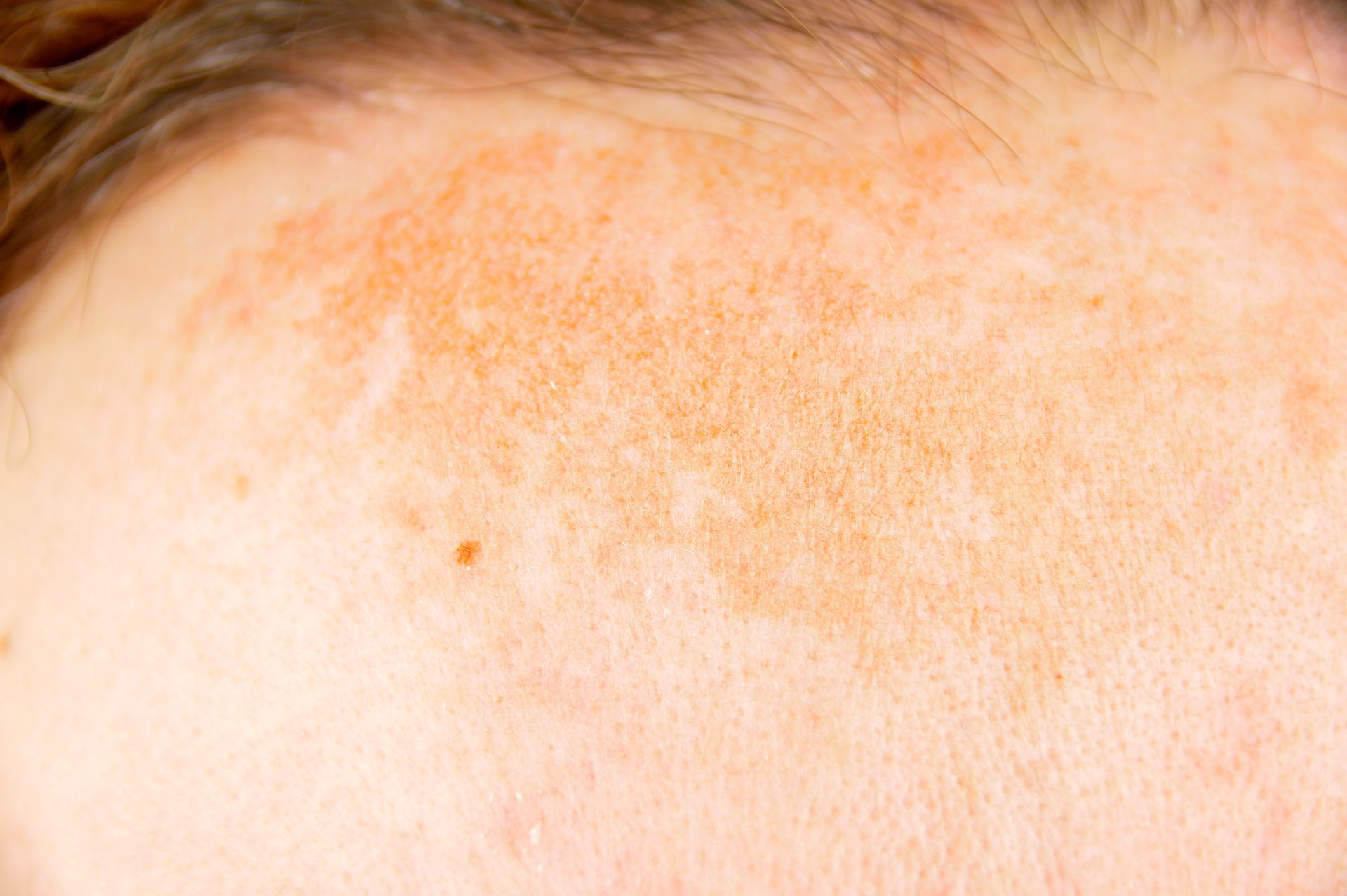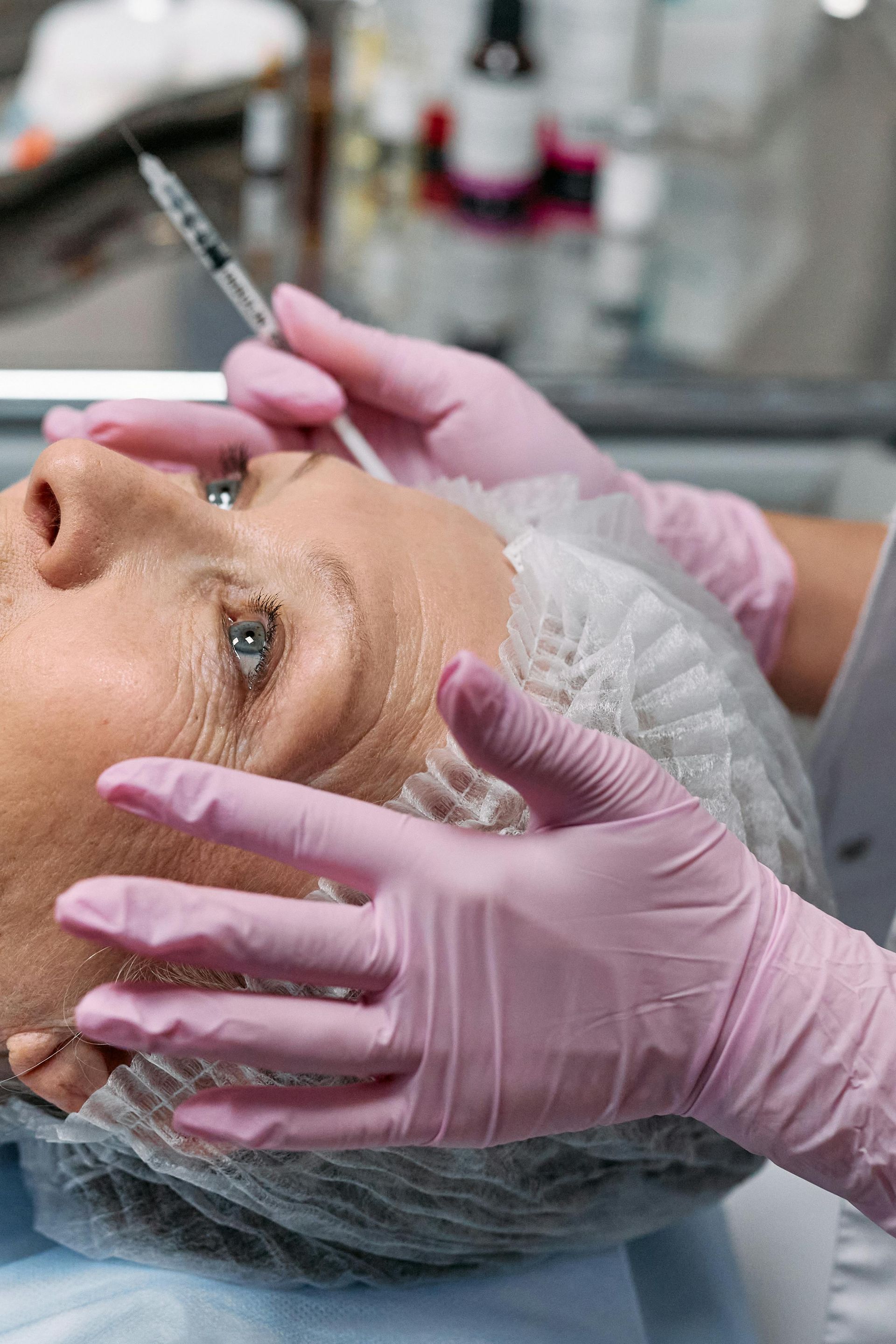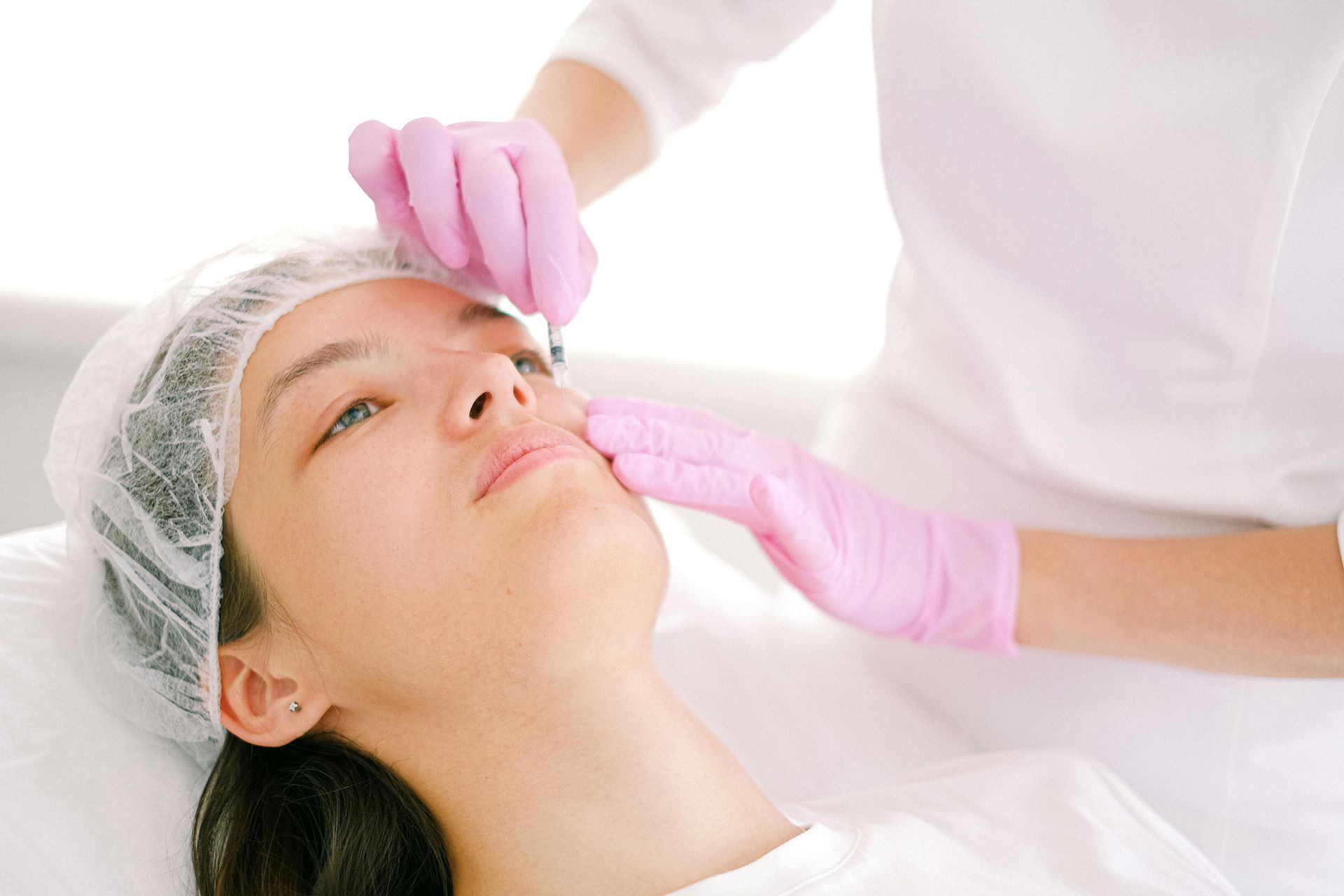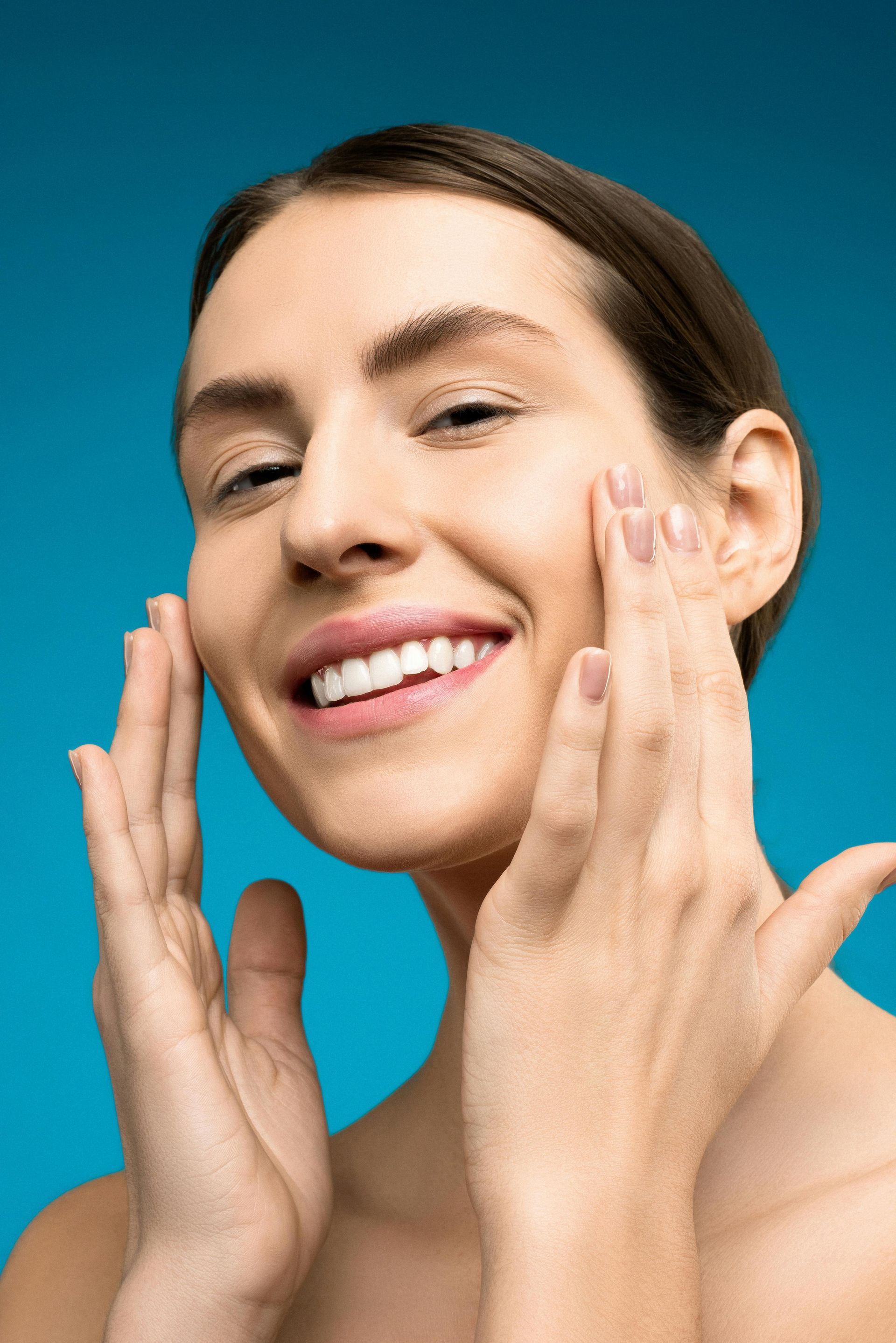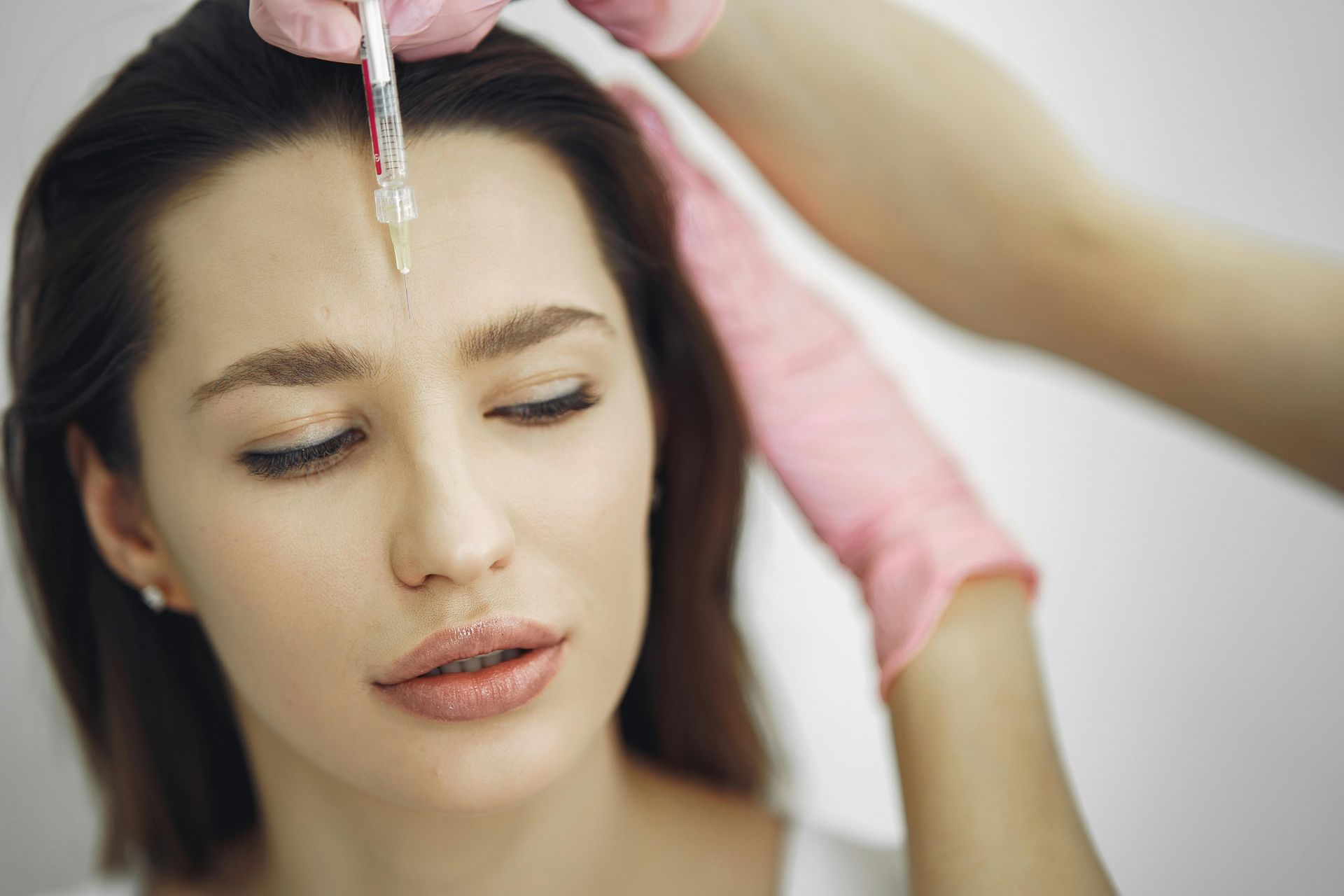The Role of Diet in Healthy Skin: Foods That Promote Radiance
Your skin is the largest organ in your body, and it reflects your overall health and well-being. What you eat can have a significant impact on your skin’s appearance, texture, and function. In this blog post, we will explore the link between nutrition and skin health, and how you can improve your skin by choosing the right foods.
The Link Between Nutrition and Skin Health
Nutrition plays a vital role in skin health, as it provides the building blocks for the production of collagen, elastin, and other structural proteins that give your skin its strength and elasticity. Nutrition also influences the balance of hormones, inflammation, and oxidative stress, which can affect your skin’s condition and aging process.
Essential Nutrients for Glowing Skin
Some of the nutrients that are essential for skin health include:
- Vitamin A: This vitamin helps regulate the growth and differentiation of skin cells, and prevents dryness, roughness, and scaling. Vitamin A also has anti-inflammatory and antioxidant properties, which can protect your skin from sun damage and infections. Sources of vitamin A include liver, eggs, dairy products, carrots, sweet potatoes, and leafy greens.
- Vitamin C: This vitamin is involved in the synthesis of collagen, the most abundant protein in your skin. Vitamin C also helps prevent and repair skin damage caused by UV rays, pollution, and smoking. Vitamin C also boosts your immune system and fights off free radicals that can cause premature aging. Sources of vitamin C include citrus fruits, berries, peppers, broccoli, and kiwi.
- Vitamin E: This vitamin is a powerful antioxidant that protects your skin from oxidative stress and inflammation. Vitamin E also helps maintain the moisture and barrier function of your skin and prevents scarring and pigmentation. Sources of vitamin E include nuts, seeds, vegetable oils, wheat germ, and spinach.
- Zinc: This mineral is essential for wound healing, infection control, and skin renewal. Zinc also helps regulate the activity of sebaceous glands, which produce oil that lubricates your skin and hair. Zinc deficiency can lead to acne, dermatitis, and impaired skin function. Zinc can be found in various foods such as oysters, beef, poultry, legumes, nuts, and whole grains.
- Omega-3 fatty acids: These fatty acids are the main components of the cell membranes of your skin, and they help maintain its integrity and fluidity. Omega-3 fatty acids also have anti-inflammatory and anti-aging effects and can improve skin conditions such as eczema, psoriasis, and acne. Sources of omega-3 fatty acids include fatty fish, flaxseeds, chia seeds, walnuts, and soybeans.
Superfoods for Radiant Complexion
Some foods are especially rich in nutrients and antioxidants that can enhance your skin’s health and beauty. These superfoods include:
- Avocado: This creamy fruit is packed with healthy fats, vitamin E, and biotin, which nourish and moisturize your skin. Avocado also contains glutathione, a powerful antioxidant that can detoxify your body and prevent skin aging.
- Green tea: This soothing beverage is loaded with polyphenols, catechins, and flavonoids, which have anti-inflammatory, anti-microbial, and anti-cancer properties. Green tea can also protect your skin from UV damage and improve its elasticity and hydration.
- Dark chocolate: This indulgent treat is rich in flavonols, and antioxidants that can improve blood flow, oxygen delivery, and hydration to your skin. Dark chocolate can also reduce stress and inflammation, which can benefit your skin and mood.
- Tomatoes: This juicy fruit is a great source of lycopene, a carotenoid that gives tomatoes their red color. Lycopene can protect your skin from sunburn, wrinkles, and sagging, and also boost your collagen production and skin elasticity.
- Turmeric: This golden spice is famous for its anti-inflammatory, anti-microbial, and anti-oxidant effects. Turmeric can also brighten your skin tone, reduce acne, and heal wounds and scars.
Foods to Include in Your Skincare Regimen
You can also incorporate some specific foods into your skincare regimen to enhance your skin’s appearance and function. Here are some examples of how you can use food as skincare:
- Honey: This natural sweetener is a humectant, which means it attracts and retains moisture in your skin. Honey also has antibacterial and anti-inflammatory properties, which can help heal acne, wounds, and infections. You can apply honey as a mask, a cleanser, or a spot treatment for your skin.
- Oatmeal: This breakfast staple is a gentle exfoliant, which can remove dead skin cells and unclog pores. Oatmeal also has soothing and anti-itching effects, which can help calm irritated and inflamed skin. You can make an oatmeal mask, scrub, or bath for your skin.
- Yogurt: This fermented dairy product is rich in probiotics, which can balance your skin’s microbiome and prevent acne, eczema, and allergies. Yogurt also contains lactic acid, which can smooth and brighten your skin. You can apply yogurt as a mask, a toner, or a moisturizer for your skin.
- Cucumber: This refreshing vegetable is mostly water, which can hydrate and cool your skin. Cucumber also contains vitamin C, caffeic acid, and silica, which can reduce swelling, redness, and dark circles. You can place cucumber slices on your eyes, face, or neck for a relaxing and rejuvenating treatment.
- Lemon: This citrus fruit is a natural astringent, which can tighten your pores and reduce excess oil. Lemon also has bleaching and exfoliating effects, which can lighten your skin and remove dead skin cells. You can use lemon juice as a toner, a mask, or a spot treatment for your skin.
Creating a Balanced Diet for Healthy Skin
Achieving a balanced diet that promotes optimal skin health requires attention to both the quality and quantity of food consumed. Focus on incorporating a variety of nutrient-rich foods into your meals, including fruits, vegetables, whole grains, lean proteins, and healthy fats. Avoid excessive consumption of processed foods, sugary snacks, and refined carbohydrates, as these can contribute to inflammation and skin issues.
Get Healthy and Radiant Skin at Kaveri Karhade MD Dermatology
Your skin is a reflection of your inner health, and what you eat can have a profound impact on your skin’s appearance and function. By following a balanced diet that includes the right nutrients and superfoods for your skin, and by using some food-based skincare products, you can improve your skin’s health and beauty. If you have any questions or concerns about your skin, or if you want to learn more about how nutrition can affect your skin, please contact us at
Kaveri Karhade MD Dermatology, located in San Francisco, CA. You can book an appointment by calling us at
(415) 923-3377, or by visiting our
website. We look forward to hearing from you and helping you achieve your skin goals.

